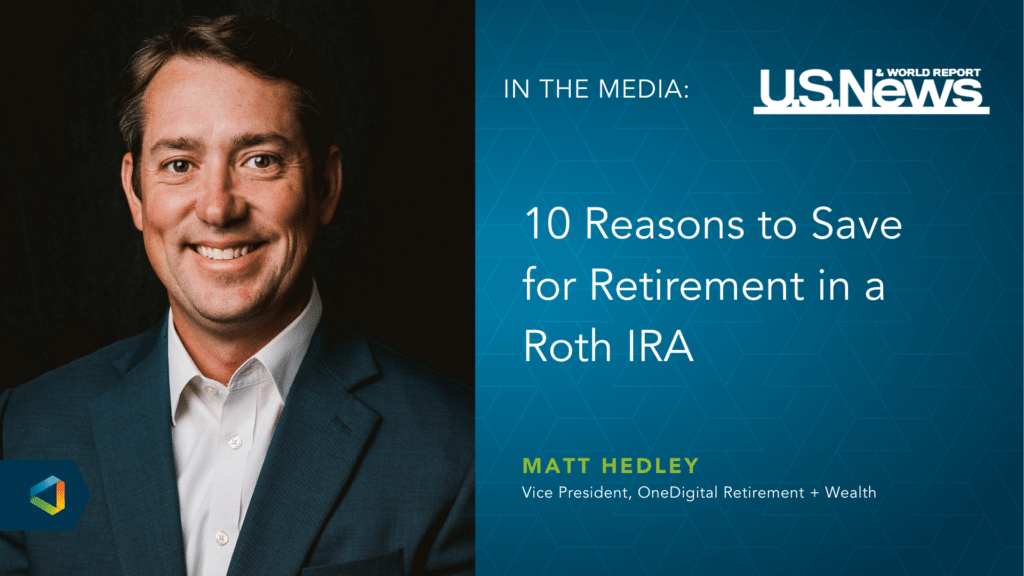No Headaches, Lower Costs
Tax Tips, Tools, And Answers For An Easier Tax Season
Tax Tips, Tools, And Answers For An Easier Tax Season
Through mid-February, the IRS is reporting that the average tax refund amount is up more than 4% this year compared to last year, at approximately $3,213 per refund.
As financial advisers, we get questions about taxes all the time. Unsurprisingly, you might have questions—there are complicated calculations, a long list of possible deductions, exclusions, and paperwork. Fortunately, tax season only happens once a year, but it also means people are out of practice when the time comes.
So, if you're still working on filing, how can you make it easier on yourself? And who can help you if you have questions? While we recommend talking to tax professionals if you have specific or unique needs, there are many self-help resources out there, too. Here’s our short list of common questions and resources that might come in handy.
How Do Retirement Plan and Health Savings Account (HSA) Contributions Affect My Tax Bill?
Saving for retirement can qualify you for several different types of tax breaks. Some retirement accounts lower your tax bill now by deferring the payment until later, when you may be in a different tax bracket.
- If you qualify for the deduction, your contributions to a traditional IRA are deducted from your taxable income immediately. In 2023 the limit you could contribute was $6,500; in 2024, it has increased to $7,000.
- With 401(k)s and similar workplace retirement plans, you can defer paying tax on up to $22,500 for 2023 and up to $23,000 in 2024. If you plan to fully fund your 401(k) this year, you should adjust now for that extra $500 to spread across your remaining paychecks for the year.
- You can also make catch-up contributions if you’re 50 and older, allowing you to save up to $7,500 more in your workplace retirement account or $1,000 more in an IRA.
- It's similar for health savings accounts, too. The maximum HSA contribution for 2024 is $4,150 for those with individual coverage on a qualified high-deductible health plan and $8,300 for those with one or more dependents on their plan. Those 55 and older can also make an additional $1,000 catch-up HSA contribution.
And there’s still time! If you still need to max out contributions for the 2023 tax year, you have until April 15, 2024, to contribute to your IRA and HSA for 2023.
What's the Fastest Way to Get My Refund?
According to the Internal Revenue System (IRS), the fastest way to get your refund is to file electronically AND have your refund directly deposited into your account. Of course, one or the other will help, but doing both will mean a speedier processing time and payment.
Speaking of payment, you can even have some or all of it deposited directly into your IRA. To learn more, review the IRS video all about direct deposits.
Are My Social Security Benefits Taxable?
This may be on your mind if you're retired and collecting Social Security. In many circumstances, you may owe taxes on your Social Security benefits. It depends on multiple factors—most importantly, your other income. The amount you owe varies, and taxes might apply only to a portion of your Social Security benefit. To learn more and see how your situation might play out, visit the IRS Interactive Tax Assistant for help understanding whether your benefits will be taxable.
When are Taxes Due, and How Do Extensions Work?
A word of caution from the IRS: An extension to file is not an extension to pay.
For most individual taxpayers, the deadline is Monday, April 15, 2024, to file and pay taxes. Those who need more time to file can request an extension to file. Taxpayers must request an extension to file by April 15, or they may face a penalty. This extension gives them until October 15 to file their tax return.
Most taxpayers must pay taxes by April 15 to avoid penalties and interest on the amount owed after that date.
How Can I Find Someone Reputable to Help Me with Filing?
If you’re uncomfortable doing it yourself or short on time, you may want to find someone to help you file. When looking for a tax professional, it’s a good idea to check the preparer's qualifications and history. You can use the IRS Directory of Federal Tax Return Preparers with Credentials and Select Qualifications to find out about them, or check with the Better Business Bureau to learn about disciplinary actions and license status.
Worth mentioning is help for dispute resolution, as well. Low-income taxpayers who need help resolving a tax dispute with the IRS may qualify for free or low-cost assistance from a Low-Income Tax Clinic. These clinics are independent of the IRS and the Taxpayer Advocate Service.
Need more help? Watch our free webinar from Financial Academy, 5 Things You Can Do to Become More Tax Efficient This Year, now available on-demand.
Investment advice offered through OneDigital Investment Advisors LLC, an SEC-registered investment adviser and wholly owned subsidiary of OneDigital.
These materials are provided for informational and educational purposes only and do not constitute a recommendation to buy, sell, or hold any security, nor do they constitute legal, accounting, investment, or tax advice. We do not provide tax, accounting, or legal advice to our clients. Before acting on this material, you are advised to consult with your tax, accounting, or legal advisers.





